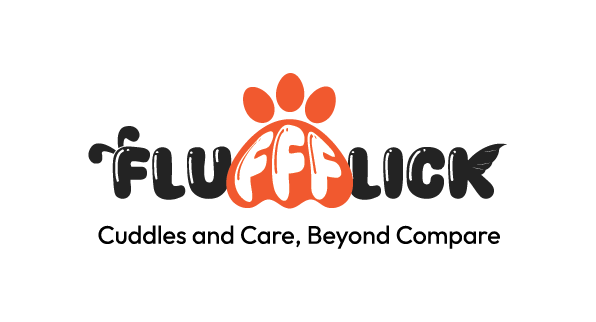Parvovirus, commonly known as parvo, is a highly contagious and potentially deadly viral illness affecting dogs, especially puppies. Understanding the signs and symptoms of parvo in dogs can help you take swift action to get your puppy the care they need. This guide will cover the symptoms, treatment options, and best practices for managing parvovirus in dogs.
What is Parvovirus?
Parvovirus is a viral infection that primarily attacks the gastrointestinal tract of dogs. It spreads through direct contact with an infected dog or contaminated objects like food bowls, leashes, and even the ground. Puppies are particularly susceptible to parvo due to their developing immune systems.
Symptoms of Parvo in Dogs
Recognizing the symptoms of parvo in dogs early is crucial for effective treatment. Here are the common signs to watch for:
- Severe Vomiting
- Frequent, intense vomiting is one of the first signs of parvo in puppies. The vomit may be foamy and contain bile.
- Diarrhea
- Parvo often causes severe, bloody diarrhea with a distinctive foul odor, leading to rapid dehydration.
- Lethargy
- Infected puppies may become extremely tired and show a lack of interest in their usual activities.
- Loss of Appetite
- A sudden decrease in appetite or refusal to eat is a common symptom of parvo.
- Fever
- Parvovirus can cause a high fever, which may later drop to below-normal levels.
- Weight Loss
- Rapid weight loss due to dehydration and lack of nutrients is common in parvo-infected puppies.
- Abdominal Pain
- Puppies may show signs of abdominal pain, such as whimpering, reluctance to move, or a hunched posture.
Diagnosing Parvo
If you observe any signs of parvo in puppies, consult a veterinarian immediately. The vet will typically perform a physical examination and may run tests such as a fecal ELISA test, which detects parvovirus antigens in the stool.
Parvovirus in Dogs Treatment
Early and aggressive treatment is vital for puppies diagnosed with parvovirus. Common treatment options include:
- Hospitalization
- Severe cases often require hospitalization for intensive care and monitoring.
- Intravenous Fluids
- IV fluids are administered to combat dehydration and maintain electrolyte balance.
- Medications
- Antibiotics: While parvo is viral, antibiotics are used to prevent or treat secondary bacterial infections.
- Antiemetics: Medications to control vomiting and nausea.
- Pain Relievers: To manage abdominal pain and discomfort.
Parvo Medication for Puppies
In addition to supportive care, specific medications are used to treat parvovirus symptoms:
- Antibiotics
- Commonly used antibiotics include amoxicillin and metronidazole to prevent secondary infections.
- Antiemetics
- Medications like maropitant (Cerenia) or ondansetron help control vomiting and nausea.
- Pain Relievers
- Pain management is crucial for the comfort of the puppy, often using drugs like tramadol.
Best Medicine for Parvo in Dogs
There is no cure for parvovirus itself, but the best medicine for parvo in dogs involves a combination of supportive treatments and medications to manage symptoms and prevent complications. The primary goal is to keep the puppy hydrated, nourished, and free from secondary infections until their immune system can fight off the virus.
Preventing Parvovirus
Preventing parvovirus is far easier than treating it. Here are some key prevention tips:
- Vaccination
- Ensure your puppy receives all recommended vaccinations. The parvo vaccine is typically given in a series of shots starting at 6-8 weeks of age.
- Hygiene
- Maintain good hygiene by regularly cleaning your puppy’s living area, toys, and bowls. Avoid exposing your puppy to areas frequented by unvaccinated dogs.
- Socialization
- Limit your puppy’s interaction with other dogs until they are fully vaccinated.
Conclusion
Parvovirus is a serious threat to puppies, but with prompt recognition of symptoms and immediate veterinary care, many dogs can recover. Being vigilant about the signs of parvo in puppies and ensuring timely treatment with appropriate medications can make all the difference. Remember, prevention through vaccination and good hygiene is the best defence against parvo. Always consult your veterinarian if you suspect your puppy may have parvovirus or if you need guidance on the best medicine for parvo in dogs.

